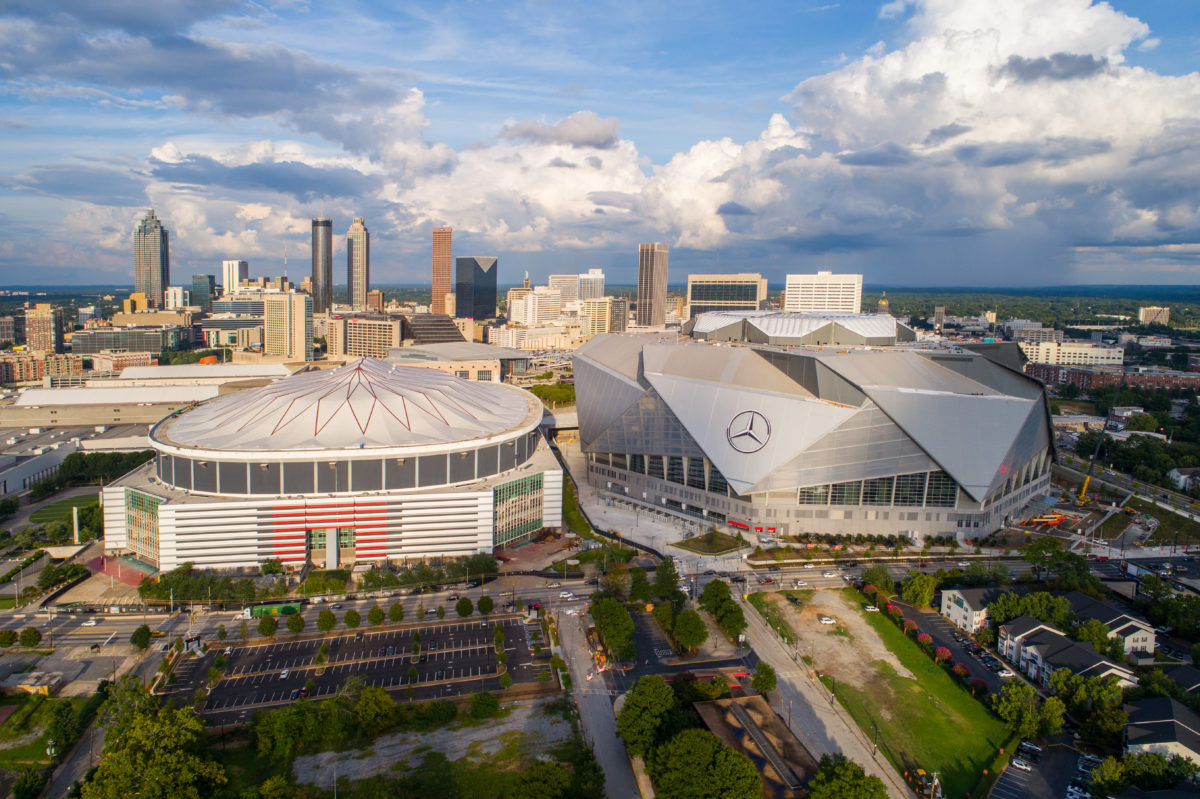A connected fan is a happy fan.
February 4, 2019
Ever fail to send a picture in a crowded stadium because the rest of the fans are trying to send their own pictures?
When Super Bowl LIII headliner Maroon 5 performed at the Mercedes-Benz Stadium this year, tens of thousands of attendees uploaded a flood of content to the Internet. With ticket prices at an average of $6K, attendees were provided with the seamless network they expected as part of their premium experience.
Home to the Atlanta Falcons, the Mercedes Benz Stadium claims to be “one of the most-connected venues in the nation” with AT&T having installed more 1,800 wireless access points. Although, a strong and robust wireless network at stadiums supports more than just Super Bowl selfies…
Here’s some of the reasons why wireless connectivity is essential on game day:
- Public safety: 80% of all 911 calls are made from a wireless device. In the case of an athlete or spectator emergency, first-responders need instant notification to provide care quickly.
- Healthcare: Live athlete performance and medical monitoring relies on a strong network to keep coaches and trainers aware of conditions throughout the game.
- Business: Food and merchandise vendors rely on wireless networks to complete customer transactions and increase revenue.
- Transportation: Fans benefit from strong networks to utilize mobile rideshare and bikeshare, and eventually autonomous vehicles, to travel to and from venues.
- Smart Cities: Smart parking lots, kiosks, digital signage and sensors depend on wireless connectivity to optimize efficiencies and save $$.
- Consumers: From selfies, to live streaming, emailing, tweeting, or calling grandma when your team scores a touchdown, consumers expect to be connected through the final millisecond of the last quarter.
More Headlines:



